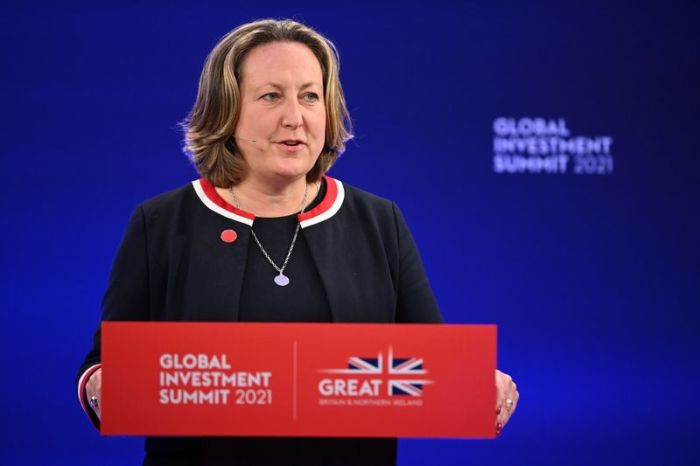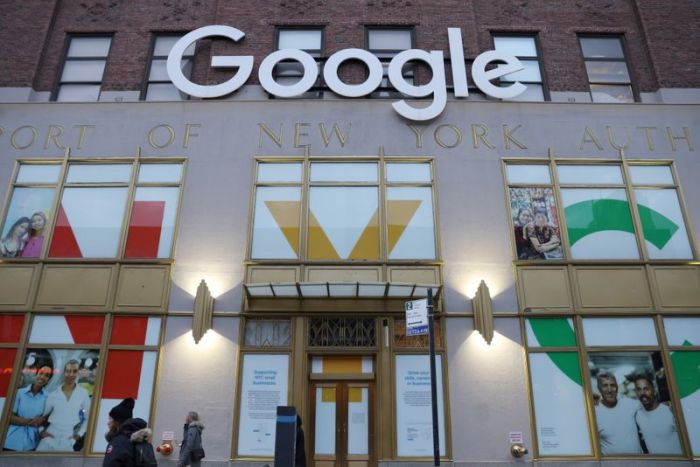STOCKHOLM (Reuters) – The European Commission published draft rules on Thursday to give workers at online platform companies such as Uber and Deliveroo better social rights, but which companies say could lead to job losses and more litigation in court.
Following are initial reactions to the proposals:
UBER SPOKESPERSON:
“Uber is committed to improving the working conditions for the hundreds of thousands of drivers and couriers who rely on our app for flexible work.
“But we are concerned the Commission’s proposal would have the opposite effect – putting thousands of jobs at risk, crippling small businesses in the wake of the pandemic and damaging vital services that consumers across Europe rely on.
“As countries including France have demonstrated, there is a better way and any EU-wide rules should allow drivers and couriers to retain the flexibility we know they value most, while allowing platforms to introduce more protections and benefits.”
DOMINICK MOXON-TRITSCH, BOLT’S VP OF REGULATION & PUBLIC POLICY:
“We are disappointed that the European Commission is proposing to sacrifice the flexibility and efficiency of platform work through the reclassification of employment. It seems to be a one-sided approach that doesn’t take all available options into consideration.
“The proposal made by the Commission means that hundreds of thousands of ride-hailing drivers and delivery couriers would lose the opportunity of platform work, as platforms would be forced to shift to an exclusive full-time employment model.
“This would negatively impact working conditions for platform workers, reduce their earning opportunities, and severely impact tens of millions of European citizens who benefit from platform services today.”
RAPID DELIVERY COMPANY GORILLAS:
“We have employed our team members through permanent contracts to provide access to health insurance, social security, paid sick-leave, vacation times, and fair wages above minimum wage.
“In this spirit, we have grown from 0 to over 12,000 employees in less than two years. And as we are highly invested in creating an environment where all of our team can grow, we are also convinced that our current economy requires a certain amount of flexibility to allow for innovations to develop.”
PETRA BOLSTER OF DUTCH LABOUR UNION FNV:
“This proposal tackles abuse and exploitation of a large group of workers. We see this proposal as a great step forwards.
“Platform workers deserve security about their income and work, protection from sickness and say over their working hours. Provisions such as pay to be on call, sick pay, time off, vacation pay and pensions must apply to them too.”
DELIVERY HERO
“Delivery Hero fully supports the European Commission’s aim to improve the labor conditions of platform workers.
“However, we strongly believe that the suggested criteria to trigger the proposed rebuttable presumption of employment and reversed burden of proof are too broad and would not contribute to that goal. This would also have disproportionate restrictions for self-employed platform workers and put limitations on the flexibility we know they value most.”
JITSE GROEN, CEO AT JUST EAT TAKEAWAY:
“As Europe’s largest food delivery platform, Just Eat Takeaway.com welcomes and fully supports the EU Commission’s proposals to improve conditions for workers and help them access social protections.
“We hope that the Commission’s proposal will create clarity and a level playing field that ensures that companies across Europe are held to the same standards, so that all platform workers are treated with the dignity they deserve.”
DENNIS RADTKE MEP, EPP GROUP SPOKESMAN ON SOCIAL AFFAIRS
“The EU has high standards when it comes to fair working conditions. Platforms like Uber or Deliveroo cannot be the exception.
“New ways of doing business should not lead to precarious working conditions. That is why I am happy to see that the European Commission has listened to our urgent calls for better rights for workers of these platforms.”
(Reporting by Supantha Mukherjee in Stockholm, Foo Yun Chee in Brussels, Toby Sterling in Amsterdam and Nadine Schimroszik in Berlin; Editing by Keith Weir and Carmel Crimmins)
























